The COVID-19 pandemic took a disproportionate toll on women – despite companies’ increased efforts to become more diverse and equitable. McKinsey’s annual “Women in the Workplace” survey, conducted in partnership with LeanIn, outlines the nuances of how women fared during an exceptional year of transformation. The report, written in collaboration by Tiffany Burns, Jess Huang, Alexis Krivkovich, Laareina Yee, Ishanaa Rambachan and Tijana Trkulja, suggests strategies companies can use to leverage the talent of women leaders and to involve them in building a more inclusive, humane workplace.
While the proportion of women in leadership positions increased overall, the representation of women of color remained unchanged.
McKinsey’s annual Women in the Workplace survey, conducted in partnership with LeanIn, found that the proportion of women across all levels in the workplace increased. However, women continue to be promoted to leadership positions at lower rates than men. One reason is the “broken rung” effect: Fewer women than men make it to junior management positions and, thus, they remain underrepresented in the candidate pool for more senior roles.
Women of color continue to face discrimination despite increased efforts to counter it.
The representation of women of color at all levels remained unchanged in from 2020 to 2021, when they filled only 4% of top executive positions. Women of color also experienced the same number of micro-aggressions in 2021 as in 2020.
So-called “onlys” – women who were the only ones of their race or gender in their corporate cohort – fared particularly poorly, as they stood out more and faced...
The report’s authors, all from McKinsey & Company, an international management consultancy, are Tiffany Burns, Jess Huang, Alexis Krivkovich, Laareina Yee, Ishanaa Rambachan and Tijana Trkulja. LeanIn.org is an NGO promoting women in leadership and a more equitable workplace. More than 50,000 women in 184 countries participate in LeanIn Circles.









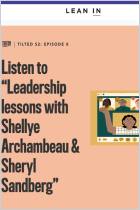
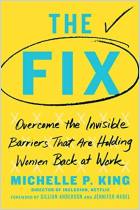
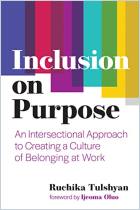
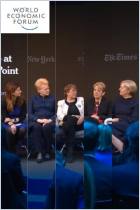
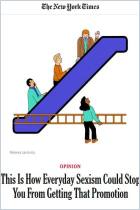
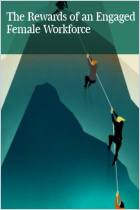

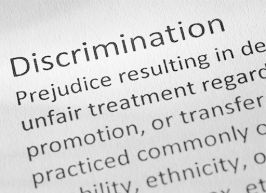



Comment on this summary